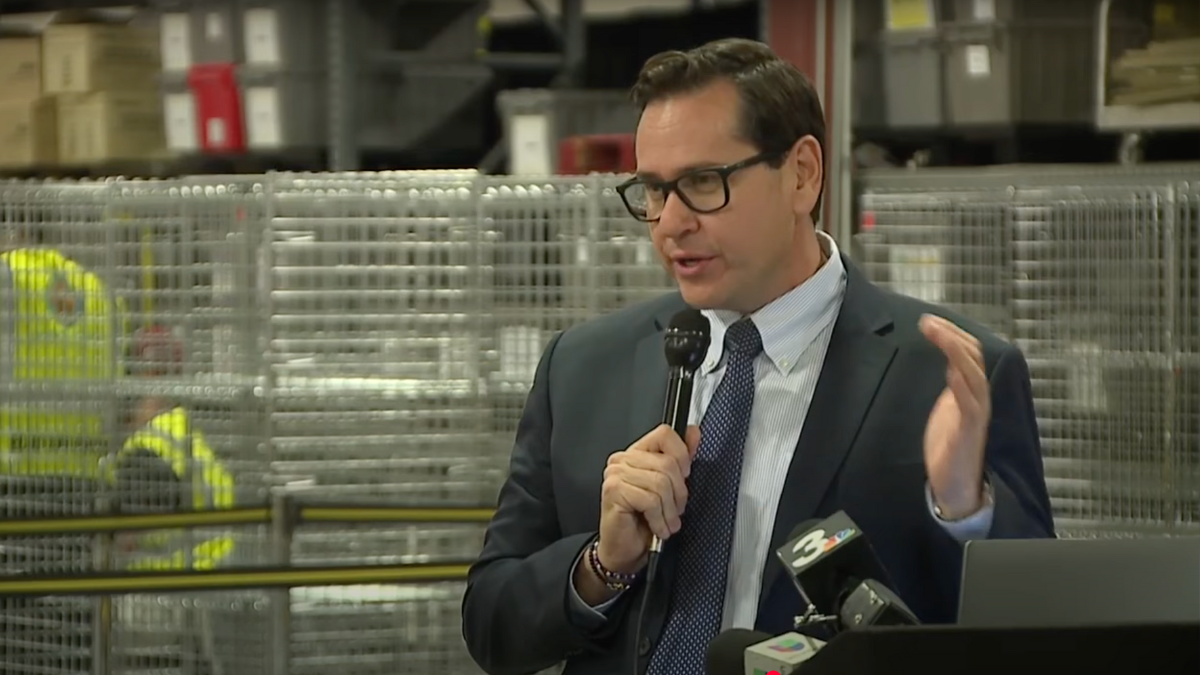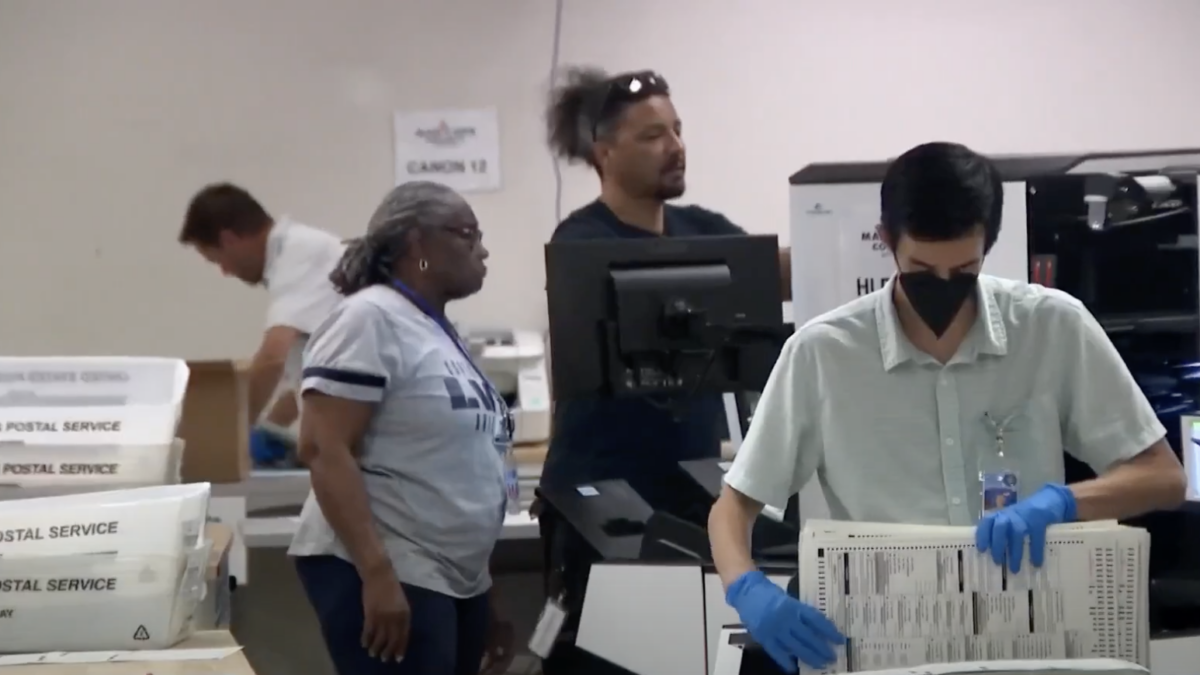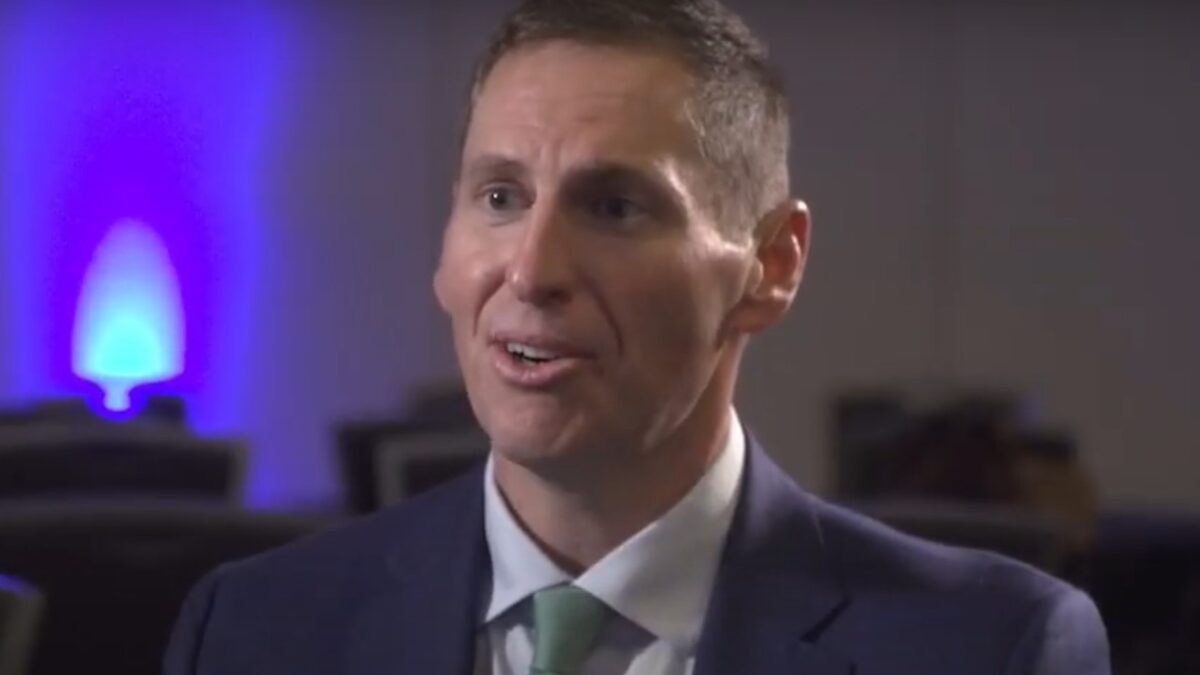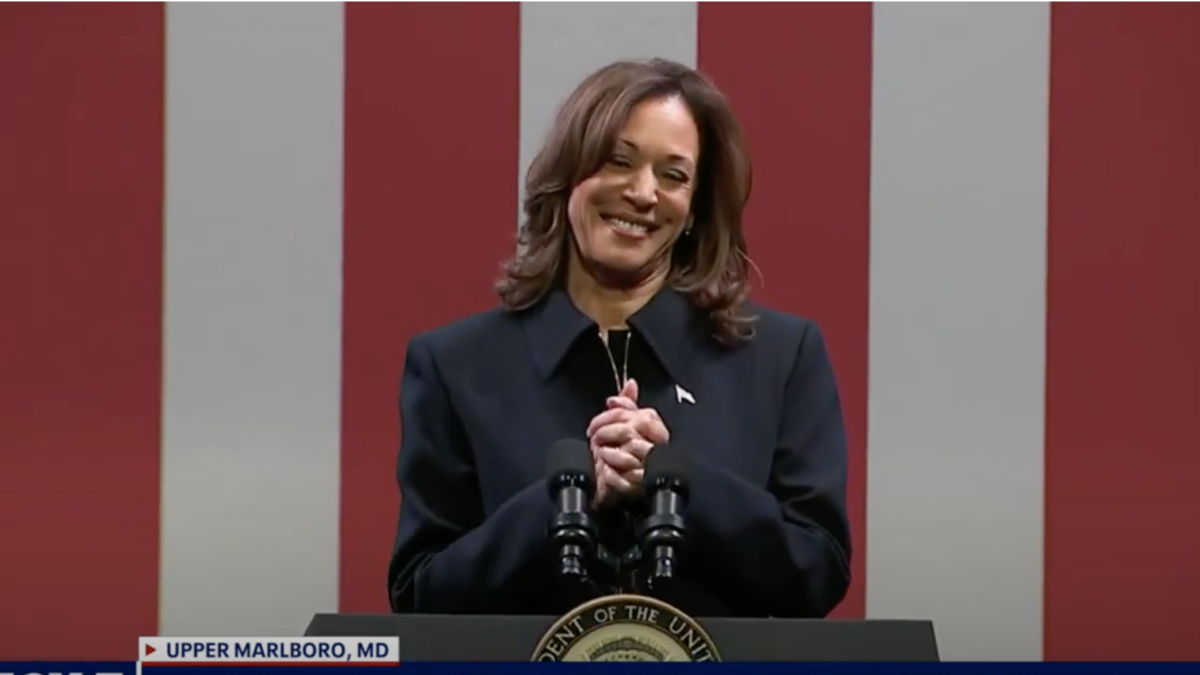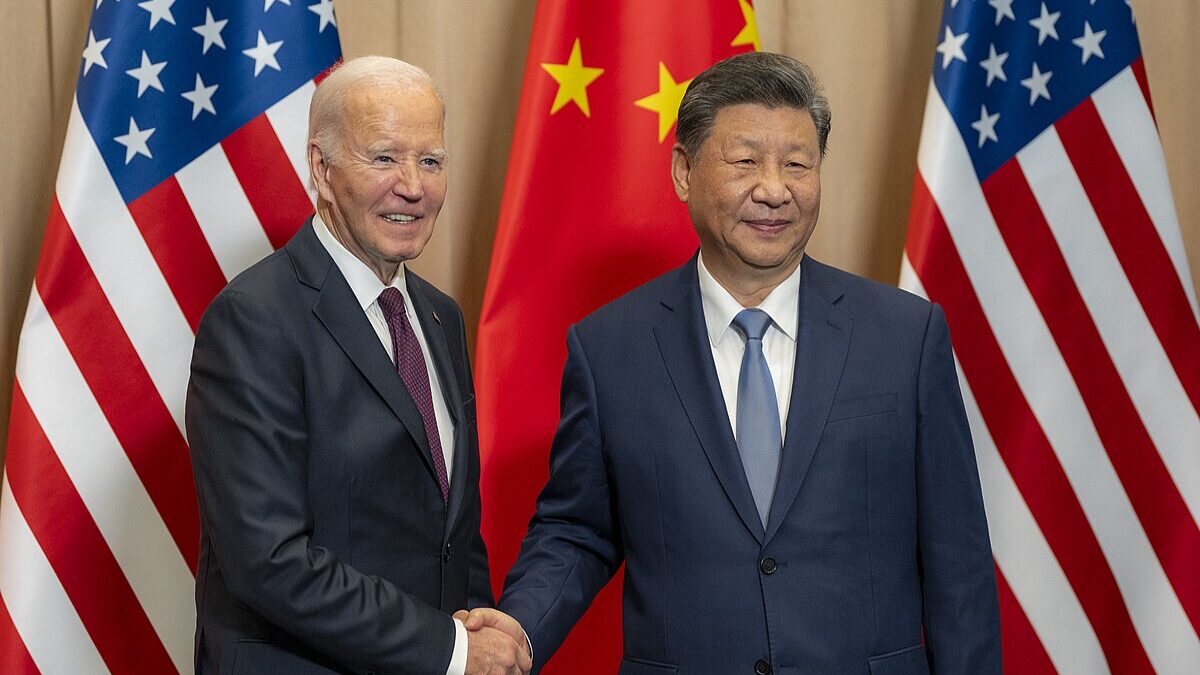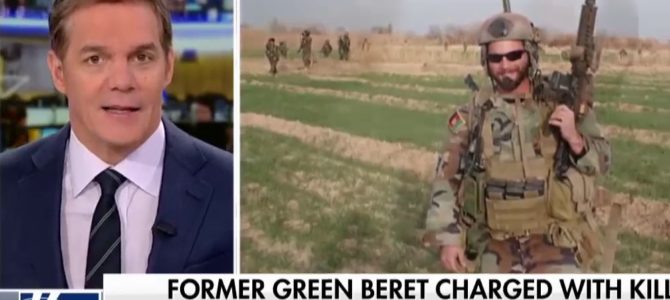
All too predictably, The New York Times is hyperbolically criticizing President Donald Trump for saying that he would review the case of Maj. Matthew L. Golsteyn, a Green Beret accused of killing an Afghan man in 2010. The New York Times called Trump “impulsive” and accused him of exercising “undue command influence.” But Golsteyn’s case is exactly the situation for which the presidential pardon must be considered.
By all accounts, Golsteyn was serving in Afghanistan in 2010. His service took him to the battle for Marja, in which more than 15,000 coalition troops fought. Dozens of Americans were killed during that battle, including two members of the Green Beret, who were working with Golsteyn. They were the victims of an Afghan roadside bomb.
While clearing homes around Marja, Golsteyn and his team captured a suspected Taliban bomb maker. To identify the prisoner, he was taken to an Afghan tribal leader secretly working for the United States. The tribal leader identified the man as a member of the Taliban and expressed his fear of being killed by them if the suspected bomb maker ever revealed the tribal leader’s cooperation with the Americans.
After completing their investigation of the bomb maker’s identity, the American forces concluded they were not authorized to kill this particular individual. As best as can be told, the bomb maker was to be released. Afraid of the suspected bomb maker’s ability to kill more Americans after his release and of identifying the local informant, Golsteyn and another soldier took the Afghan bomb maker off base and killed him, seemingly without authorization.
Golsteyn’s involvement in the man’s murder first came to light when he interviewed for a job at the CIA. As part of his application, he was asked to identify any illegal acts or indiscretions in which he may have participated. His confession led to an investigation resulting in withholding Golsteyn’s employment with the CIA, but without charges being brought against him.
Golsteyn’s story may well have ended here if it weren’t for a 2016 interview with Bret Baier where he admitted on television to having killed the suspected Afghan bomb maker. His admission led to the reopening of the case and the presentation of formal charges against him for first-degree murder.
This case brings up an interesting set of moral questions. First, we are once again reminded that war is terrible, with many placed in situations they would never encounter under any other circumstances.
Second, it is understandable for Golsteyn to conclude that he had to kill the bomb maker. If he let him go, the man was likely to continue his task of creating explosives aimed at killing American soldiers, and in that environment, he would have likely succeeded. As such, more Americans would have never come home. More families would have been left without their dads and husbands, and more parents would have never seen their kids again.
Additionally, the Afghan bomb maker now knew the identity of an American informant in Afghanistan. He would have most assuredly turned the informant over to the Taliban and had him killed. Unquestionably, if this bomb maker were indefinitely detained or killed, the world would be that much safer and suffering would have been that much less.
But then there’s the rule of law, above which none of us can be placed. Golsteyn was given specific orders. He is part of the greatest fighting force in the world, a fighting force whose greatness proceeds from its soldiers’ discipline, adherence to the rule of law, and respect for the chain of command. It is not up to Golsteyn to decide who lives and who dies. No man should have that kind of unfettered authority. He is a soldier, and his job is to follow orders, to carry out his mission faithfully, and to support and defend the Constitution of the United States and, by extension, its laws.
According to the information available, Golsteyn broke the law then made the unforced error of brazenly bringing attention to that fact through a national television broadcast. Unquestionably, there is much more evidence to be uncovered, some of it potentially exculpatory, but if the facts stand as they are, and if there is nothing more of substance to consider, Golsteyn’s choice stood outside of the boundaries of the law, and he must be held to account.
But there are times when the law is too harsh; times when society’s punishment is either illogical or inappropriate for the circumstances. Under these conditions, an escape clause must be configured. Alexander Hamilton said it best, as he so often does, in The Federalist Number 74, “The criminal code of every country partakes so much of necessary severity, that without an easy access to exceptions in favor of unfortunate guilt, justice would wear a countenance too sanguinary and cruel.”
Such is the case with Golsteyn. It frequently astounds me how often the writers and editors of The New York Times display their ignorance of the Constitution and the manner in which it is supposed to function. Here we have yet another example. The New York Times worries about the perception of the American justice system in the eyes of Afghans. It ruminates over the effects a presidential comment about considering an action and whether such consideration will impede the wheels of justice.
The New York Times is off in its assessment (again). Let the wheels turn as they may. Let the Army investigate the case, and let it, if it finds probable cause to do so, bring charges against Golsteyn. And let the president, as he is charged to do under the Constitution, consider whether the outcome in this case is one where justice wears a countenance too sanguinary and cruel.
If so, let the president access his exception for this man’s unfortunate guilt and pardon Golsteyn, just as the Framers would have intended.


